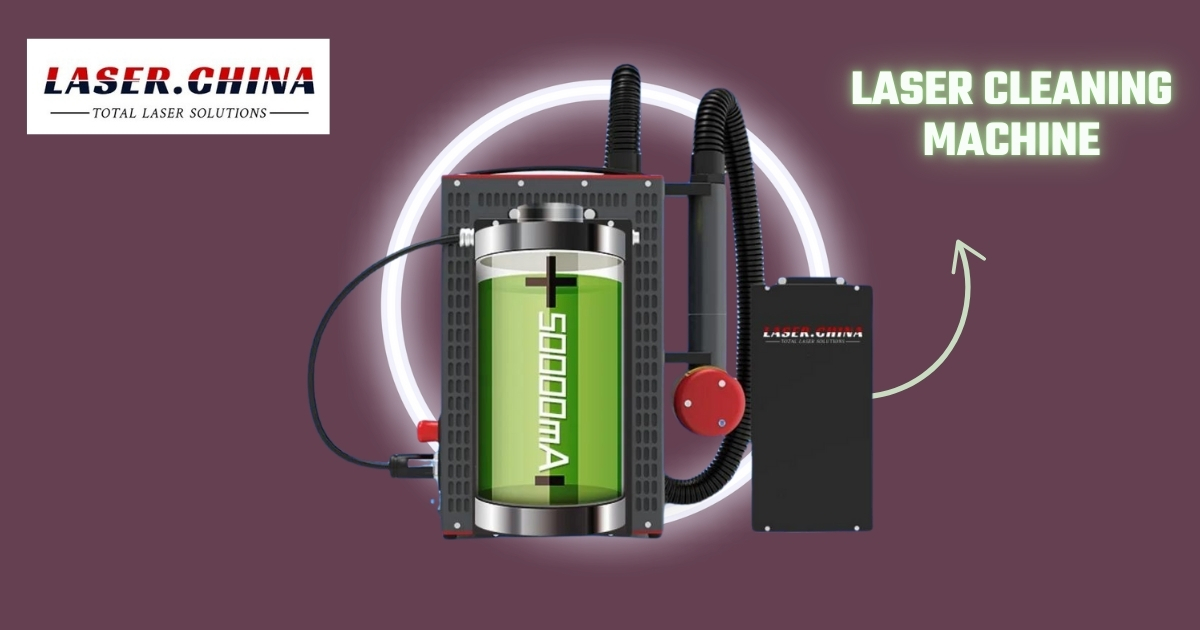A laser focusing lens plays a vital role in laser systems by concentrating the laser beam to a specific, small spot. The primary function of a laser focusing lens is to focus the diverging laser beam into a tightly concentrated point of high energy density, which is crucial for achieving precision in various applications, such as cutting, engraving, welding, and other material processing tasks. The efficiency, accuracy, and quality of the laser process are heavily dependent on the performance of the focusing lens, making it one of the most important optical components in any laser system.
The Role of a Laser Focusing Lens
A laser beam typically emerges from the laser source as a divergent beam, which means that the light rays spread out as they travel. In many applications, particularly those involving material interaction, it is essential to concentrate the energy into a small, focused spot to achieve a high power density at the work surface. The laser focusing lens is designed to collimate and then focus the beam to the desired spot size, typically using either a convex or aspheric lens. This focusing ability allows the laser system to deliver high-intensity energy to a small, precise area, enabling efficient processing of materials.
-
Focusing and Spot Size:
One of the most crucial factors in laser material processing is the spot size—the size of the focused laser beam. A smaller spot size means that more energy is concentrated in a smaller area, which is ideal for tasks like engraving, fine cutting, or micro-welding. On the other hand, a larger spot size is often desirable for cutting thicker materials, as it ensures that more energy is spread across a larger area, facilitating deeper penetration. -
Precision and Accuracy:
The precision of laser-based applications, such as laser cutting and engraving, heavily depends on the quality of the focused beam. The laser focusing lens ensures that the beam is directed with high accuracy to the target, reducing the chances of beam misalignment or distortion. A well-focused beam guarantees a high level of precision in the final product, minimizing errors in cutting or engraving and ensuring tight tolerances in applications like micro-machining. -
Depth of Focus:
In many laser applications, maintaining the correct focus over varying distances is crucial. A laser focusing lens is designed to focus the beam to a specific point, but maintaining that focus over a range of depths or varying surface conditions (such as material thickness) can be challenging. Some focusing lenses are designed to have a longer depth of focus, allowing for more tolerance in maintaining the focus point across a wider range of surface distances.
Materials and Types of Focusing Lenses
Laser focusing lenses are typically made from materials that are transparent to the specific wavelength of the laser being used. The most common materials for laser focusing lenses include:
-
Fused Silica: A popular material for laser lenses due to its low absorption and high transmission properties for a broad range of wavelengths, including UV, visible, and infrared light. It is durable and resistant to thermal damage.
-
Germanium and Zinc Selenide: These materials are often used for infrared lasers, such as CO2 lasers. They have excellent thermal properties and high transmission rates for infrared wavelengths.
The shape of the lens also plays a significant role in the focusing process. Convex lenses are the most commonly used type of focusing lens, where the curvature helps to converge the light rays to a focal point. Aspheric lenses, which are designed to reduce spherical aberrations and improve beam quality, are also used in high-precision applications where superior focus is required.
Impact on Laser System Performance
The performance of the laser system is directly impacted by the quality and design of the focusing lens. A lens with the correct focal length will focus the laser beam accurately, ensuring that the beam has the appropriate spot size and energy concentration for the application. For example, in laser cutting, a smaller spot size allows for high-precision cuts, while a larger spot size is better suited for cutting thicker materials.
-
Efficiency:
A high-quality focusing lens minimizes energy loss by focusing the beam with minimal distortion and absorption. The more efficiently the lens focuses the laser light, the more energy can be delivered to the material, leading to faster processing times and higher throughput in industrial applications. -
Material Interaction:
In applications such as welding or engraving, the precise focus of the laser beam affects how the laser interacts with the material. A well-focused beam ensures that the laser energy is delivered uniformly to the material, avoiding overheating or incomplete processing. This is especially important when working with delicate materials or when fine details are needed. -
System Longevity:
High-quality laser focusing lenses can also contribute to the longevity of the overall laser system. Since the lens ensures that the beam is focused efficiently, it reduces the strain on other components such as the laser source or mirrors, preventing excessive heat buildup and minimizing wear and tear over time.
Conclusion
In conclusion, the laser focusing lens is a critical component that determines the precision, efficiency, and quality of laser-based applications. By focusing the laser beam into a concentrated, high-energy spot, the lens enables the laser system to perform tasks such as cutting, engraving, welding, and more with high accuracy and speed. The choice of lens material, shape, and focal length are all factors that influence the system’s performance, and selecting the correct focusing lens for a specific application can significantly improve both the process and the final result. Whether used in industrial manufacturing, medical procedures, or scientific research, laser focusing lenses are essential for achieving optimal outcomes in laser systems.
